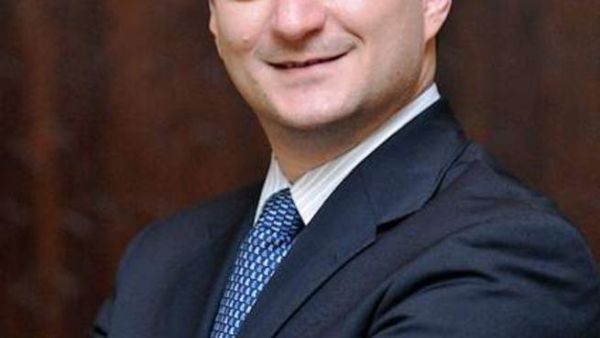Private schools spending in the GCC expected to reach $12 billion in 2020

The private school market is growing rapidly in the countries of the Gulf Cooperation Council (GCC), presenting a significant opportunity for investors and school operators.
With K-12 combined public and private education spending in the GCC expected to increase from approximately $36 billion in 2010 to over $60 billion in 2020, the private sector, along with the public sector, can play a crucial role in the education reforms of the region by providing innovative and cost-effective models.
This and other significant findings on the growth potential of private school education in the GCC will be introduced by Booz & Company at the Building Future Education (BFE) MENA exhibition and conference in partnership with Abu Dhabi Education Council (ADEC) on October 25 and 26, 2011 at the Abu Dhabi National Exhibition Centre.
Increased private school spending, which comprises 15-20 percent of total spending in the GCC education market, is sorely needed as the number of students in private schools is expected to double over the next decade to exceed 2.5 million owing to a combination of demographic factors, parental preferences and recent regulatory change.
“However, in order to capitalise on this opportunity, the region must overcome several key challenges, including constraints on financing new schools in the region, fragmented ownership structures that offer few economies of scale, lack of information for parents regarding school quality, and inconsistent application of regulations,” said Chadi N. Moujaes, Partner at Management Consulting Firm Booz & Company.
According to Moujaes, the region's growth and diversity provide the GCC private schools market with a unique potential for both investment and educational development. “There is plenty of interest from serious investors, however most have not yet taken action due to such factors,” he added.
Entitled A Decade of Opportunity: The Coming Expansion of the Private School Market in the GCC, Booz & Company’s report provides insights into the market’s opportunities, challenges and strategies for investors, operators and governments. The report builds on thorough analysis of demand, public policy trends and economics of the region's schools as well as extensive hands-on experience.
Andrew Pert, Regional Director of UBM Middle East, the event organiser, underscored the importance of the Booz & Company study; specifically in relation to region-wide reforms in the education sector. “Private schools play a more prominent role in K-12 education in the GCC than in any other part of the world, and have great prospects for growth in the region; however, only a fraction of this potential is currently materialising. This report provides an insight into the market’s opportunities, challenges and strategies that will be valuable for government authorities, investors, operators and other key education stakeholders.”
Limited copies of the Booz & Company’s viewpoint will be available at Building Future Education MENA throughout the event as well as at the presentation on day one (12.20PM) by Chadi N Moujaes, partner, Booz & Company “Realising the potential for private schools in the GCC.”
As well as an interactive exhibition floor, this year’s Building Future Education MENA will include a full free-to-attend conference including world-renowned speakers from the field of education, the public awareness programme, high-level roundtable forums and design my learning space competition.
The main conference will bring together those at the forefront of education from ministries, institutions, operators, architects and investors. The conference features in-depth panel discussions, based around specific research studies from BFE MENA’s Knowledge Partners Booz & Company, Parthenon and RAND Qatar Policy Institute (RQPI), assessing the education market in the GCC and areas of potential investment.
The conference will also cover key topics such as world-class facilities and learning environments, curriculum and school improvement, quality assurance, special education needs and sustainable education facilities.






